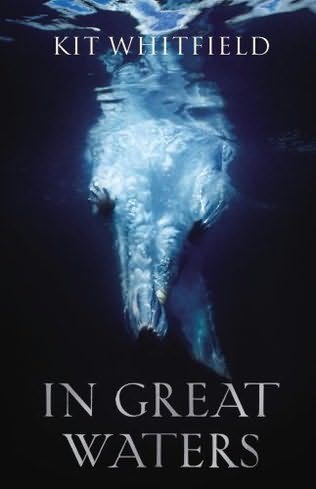
Though she can’t write a novel, she can keep a journal, and this, plus the contents of a notebook she finds in the house, constitutes most of the novel.

The tension lies in wondering whether the narrator will be saved, go down with her friend, or be left even more alone in the darkness.Ī middle-aged Lesbian horror author burdened with grief, epilepsy, and writers’ block leaves her native Atlanta to reside a summer in an isolated farm house close to a gigantic oak tree with a sinister reputation. Yes, there is some sweaty sex that may titillate or disgust the reader, but the really compelling and heartbreaking thing about the novel is the portrayal of a tentative new friendship that is a shadow of hope threatened by horror. In terms of description, both literary quality and ability to convey creepiness, she writes as well - better, I'd say - than the best of King, and she does a better job revealing the tragedy and especially the ambiguity that lurks in relationship. In comparison to Kiernan, Stephen King spins a better plot, but I don't think a compelling plot is what Keirnan is trying to write here. I loved Lovecraft and Poe as a child, but have long since rejected the first for his laughably bad writing and see no reason to reread the second because his characters have so little depth. Yet the novel is worth reading if you like good writing, both in descriptions and in characterization. I don't like the novel because of any of these things, and yes, I usually prefer a more sympathetic main character too.

Many reviewers have complained about the meandering plot, lack of clear conclusion, swearing etc.


 0 kommentar(er)
0 kommentar(er)
